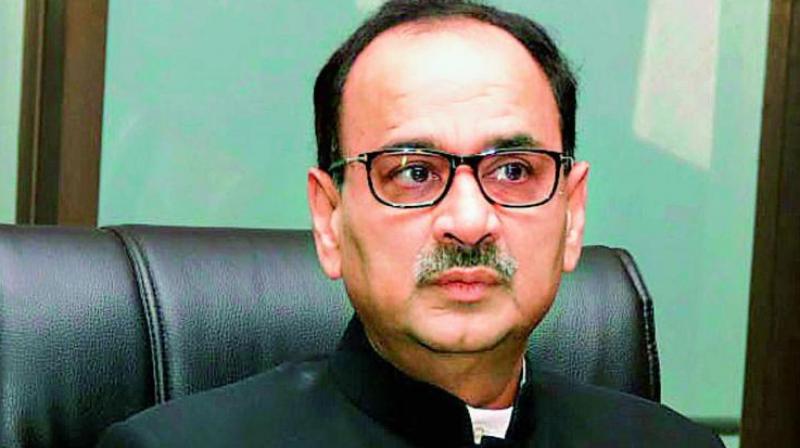SC order over CBI chief blow to govt

Led by Chief Justice Ranjan Gogoi on Tuesday, a three-judge Supreme Court bench nullified the Narendra Modi government’s order to remove CBI director Alok Verma from the discharge of his duties by sending him on forced leave. The directive, passed shortly after midnight on October 23, had drawn condemnation by the government’s political opponents, especially the Congress, since pressing political motives were read into the sudden decision.
In reinstating the CBI chief, the Supreme Court agreed with Mr Verma, who had approached it to challenge the government’s decision, as well as with the contention of NGO Common Cause. Prominent lawyer Prashant Bhushan and eminent journalist Arun Shourie, who are closely linked to the NGO, in collaboration with BJP dissident Yashwant Sinha, had during Mr Verma’s tenure asked the CBI to investigate the Rafale deal.
Congress president Rahul Gandhi has alleged that the Modi government decided to effectively remove Mr Verma from the scene after it sensed that the CBI chief was assembling documentary material on the Rafale purchase agreement.
But the government gave its action of sending Mr Verma on leave a “CBI versus CBI” colour as special director Rakesh Asthana, who was brought into the investigative agency by the government against the express advice of Mr Verma, began to make allegations against his chief, which were sent to the Central Vigilance Commission for evaluation.
In light of the extreme discord between the agency’s director and special director, against whom an FIR had been filed, the government said it was sending both on leave in order to be even-handed. This was not persuasive as the CBI chief has been given a statutory two-year term and the director’s selection is cleared by a three-member body comprising the Prime Minister, the leader of the largest party in Parliament, and the Chief Justice of India.
As such, the government’s opponents suggested that any action against the CBI director, if it is in the public interest, should have the sanction of this selection committee. The Supreme Court, in reinstating Mr Verma, has upheld this view but ordered that the director should not take any policy decisions until the selection committee, which had appointed him in the first place, gives him full functional latitude. The committee has been given a week to do so.
Mr Verma’s two-year statutory term ends on January 31. It will be interesting to see if in this period he takes note of the Rafale matter in any manner since he is free to carry out all functions except those relating to policy.
What the judgment appears to underline is that the government had dealt with the CBI as an institution in a cavalier fashion to suit its exigent needs.

